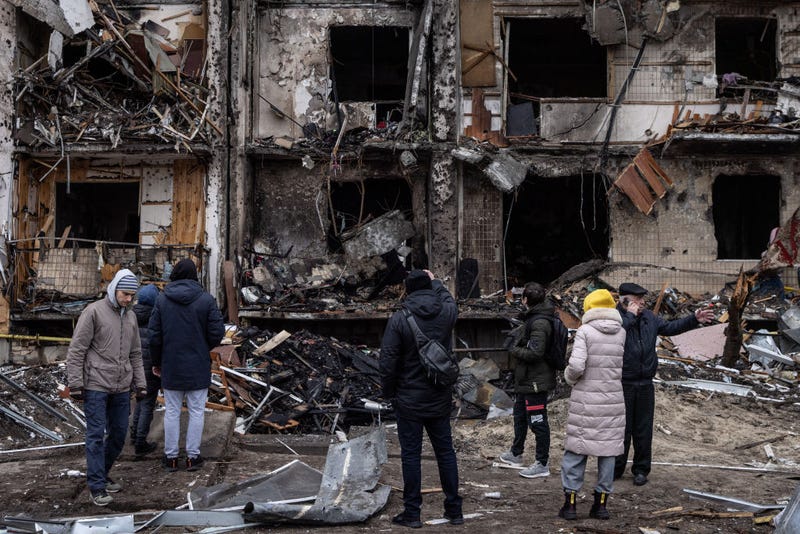
Russia’s topmost military leaders have been declining calls from the United States military for the past month, leading to fears that the two world powers could end up at war over a mistake on the battlefield.
Pentagon spokesman John Kirby said in a statement Wednesday that U.S. Defense Secretary Lloyd Austin and Joint Chiefs of Staff chairman Gen.
Mark A. Milley have tried on numerous occasions since Russia’s invasion of Ukraine to initiate a conversation with Russian Defense Minister Sergei Shoigu and Gen. Valery Gerasimov, but that Shoigu and Gerasimov “have so far declined to engage.”
The reason for the attempted conversation is to avoid unnecessary and unwanted animosity between the two nations, who continue to operate on opposite sides of the Ukrainian conflict but have been avoiding outright conflict with each other.
“There is a high risk of escalation without the firebreak of direct contact between the most senior officials,” James Stavridis, the Supreme Allied Commander at NATO from 2009 to 2013, told The Washington Post. “Very young people are flying in jets, operating warships, and conducting combat operations in the Ukrainian war. They are not seasoned diplomats, and their actions in the heat of operations can be misunderstood.
“We must avoid a scenario of NATO and Russia sleepwalking into war because senior leaders can’t pick up a phone and explain to each other what is happening.”
The concern has intensified as Russia continues to engage in military operations near the borders of Poland and Romania, both members of NATO, while the U.S. has teamed with European allies on air-policing operations over the Baltic Sea. The U.S. has also transported equipment and weapons into Ukraine by land.
An open line of communication between top officials would help avoid the U.S. and Russia running afoul of each other in their military movements, but the Pentagon says, for the last month, Russia has not allowed those conversations to take place. That means mistakes could be amplified into larger aggressions.
“A nightmare scenario would be a Russian missile or attack aircraft that destroys a U.S. command post across the Polish-Ukrainian border,” Stavridis said. “A local commander might respond immediately, thinking the event was a precursor to a wider attack. This could lead to rapid and irreversible escalation, to include potential use of nuclear weapons.”
Stavridis, a retired admiral, said in his role as Supreme Allied Commander, he often called his counterpart in Russia “to clarify a situation and de-escalate.”
So far, Russia has not given a reason for their top military leaders’ refusal to talk with the U.S.
LISTEN on the Audacy App
Sign Up and Follow Audacy
Facebook | Twitter | Instagram
